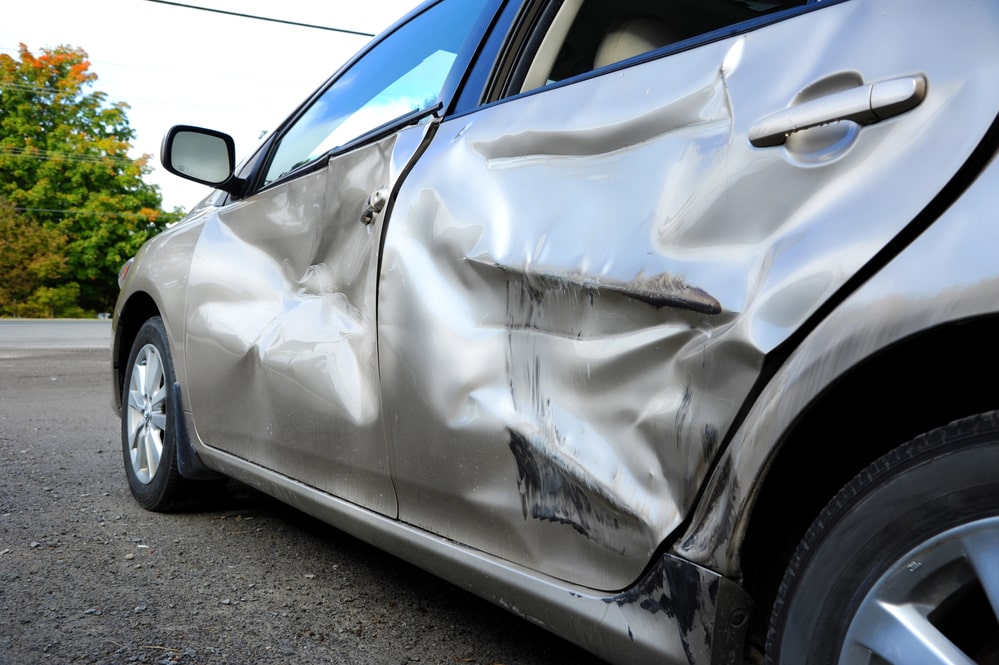How Cannabis Impairs Your Driving Ability

Cannabis is now legal in many states across the U.S. for medical and recreational use. While this shift has created more freedom for adults to consume cannabis, it has also raised new concerns, particularly when it comes to road safety.
What You Need To Know About High Driving
Just like alcohol, cannabis can affect your ability to drive. Even if it’s used legally and responsibly in other settings, getting behind the wheel while under the influence can be dangerous and, in most states, against the law.
This topic is especially relevant to anyone involved in a crash where cannabis use may have been a factor. Our cannabis law attorney can help address any questions or concerns in those situations. But whether you’re a user or not, it’s important to understand how cannabis impacts your body and why it matters on the road.
How Cannabis Affects Reaction Time
One of the most noticeable effects of cannabis is slowed reaction time. This means a driver may not be able to respond as quickly to changes on the road, such as a car braking suddenly or a pedestrian stepping into a crosswalk. Even a delay of just a second or two can make the difference between a near-miss and a serious crash.
This impairment isn’t always obvious to the user. In fact, some people may believe they are still capable of driving safely after using cannabis. But studies show that even low levels of THC (the main psychoactive compound in cannabis) can delay motor response and judgment.
Decision Making While Under The Influence
Another way cannabis can impair driving is by affecting decision-making. When someone is high, they might take unnecessary risks or overlook basic driving safety measures.
For example, a driver might forget to use their turn signal, misjudge the distance between vehicles, or choose to speed through a yellow light. These types of errors can lead to preventable collisions.
Cannabis can also impact spatial awareness, making it harder to maintain a safe lane position or stay at an appropriate following distance. These aren’t just minor inconveniences—they’re real safety risks that increase the chances of a crash.
The Challenge Of Measuring Impairment
Unlike alcohol, which has a clearly defined legal limit in most states, cannabis doesn’t have a consistent threshold that indicates impairment. THC can remain in the body long after the psychoactive effects wear off, making it difficult to determine when someone is actually impaired at the time of a crash.
This makes legal cases involving cannabis and driving more complex. Law enforcement may use field sobriety tests or blood tests, but the results don’t always tell the full story. That’s why these cases often require input from legal and medical professionals.
Legal Use Requires Legal Responsibility
It’s important to remember that cannabis is not inherently dangerous. Many people use it for valid medical reasons, and recreational use is allowed in several states. The issue isn’t cannabis itself—it’s impaired driving. Just like with alcohol or prescription medication, responsible use includes choosing not to drive until you’re sober.
Drivers who consume cannabis should plan ahead. This might mean using a rideshare service, asking a friend for a ride, or simply waiting until the effects wear off. These steps can help prevent crashes and legal trouble.
When Legal Help Is Needed
When an accident involves a driver who may have been impaired by cannabis, both legal and insurance questions can get complicated. In these situations, working with an experienced car accident lawyer in your area can be helpful for sorting through liability and determining next steps.
Attorneys like our friends at Choulos & Tsoi Law Firm can attest to the serious consequences that can result when impairment plays a role in a crash. Driving under the influence of cannabis isn’t worth the risk. Legal cannabis use comes with a responsibility to stay off the road until you’re fully alert. Taking that responsibility seriously helps keep everyone safer.








